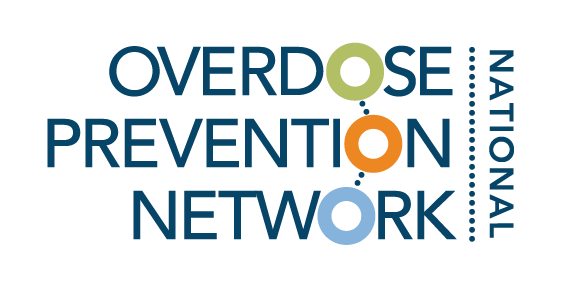
Stigma
Stigma related to substance use disorder is pervasive and may be felt more acutely in rural communities given the relative lack of anonymity. People who use drugs are often socially ostracized, and those with disordered drug use seen as “at fault” for their addiction. Stigma prevents many people in rural America from seeking and accepting help. Once people get treatment, there is a substantial need for better connection to recovery support, such as stable housing, employment and job training, education, medical services, transportation, and childcare in a manner that takes into account the infrastructure challenges inherent in many rural places.
Related resources
Decreasing Substance Abuse Stigma in Rural Communities. An article on how reducing the stigma surrounding substance-use disorders can help change beliefs and support overdose prevention strategies.
Ending Addiction Stigma and Stigma Strategy. Information and resources from Shatterproof, a national nonprofit organization dedicated to reversing the addiction crisis in the United States.
Addiction Language Guide. This guide offers insight into how we can change the way we talk about addiction to create positive change.
Stigma around substance use disorder higher in rural areas. Learn about a study on stigma related to overdose prevention in rural communities.

